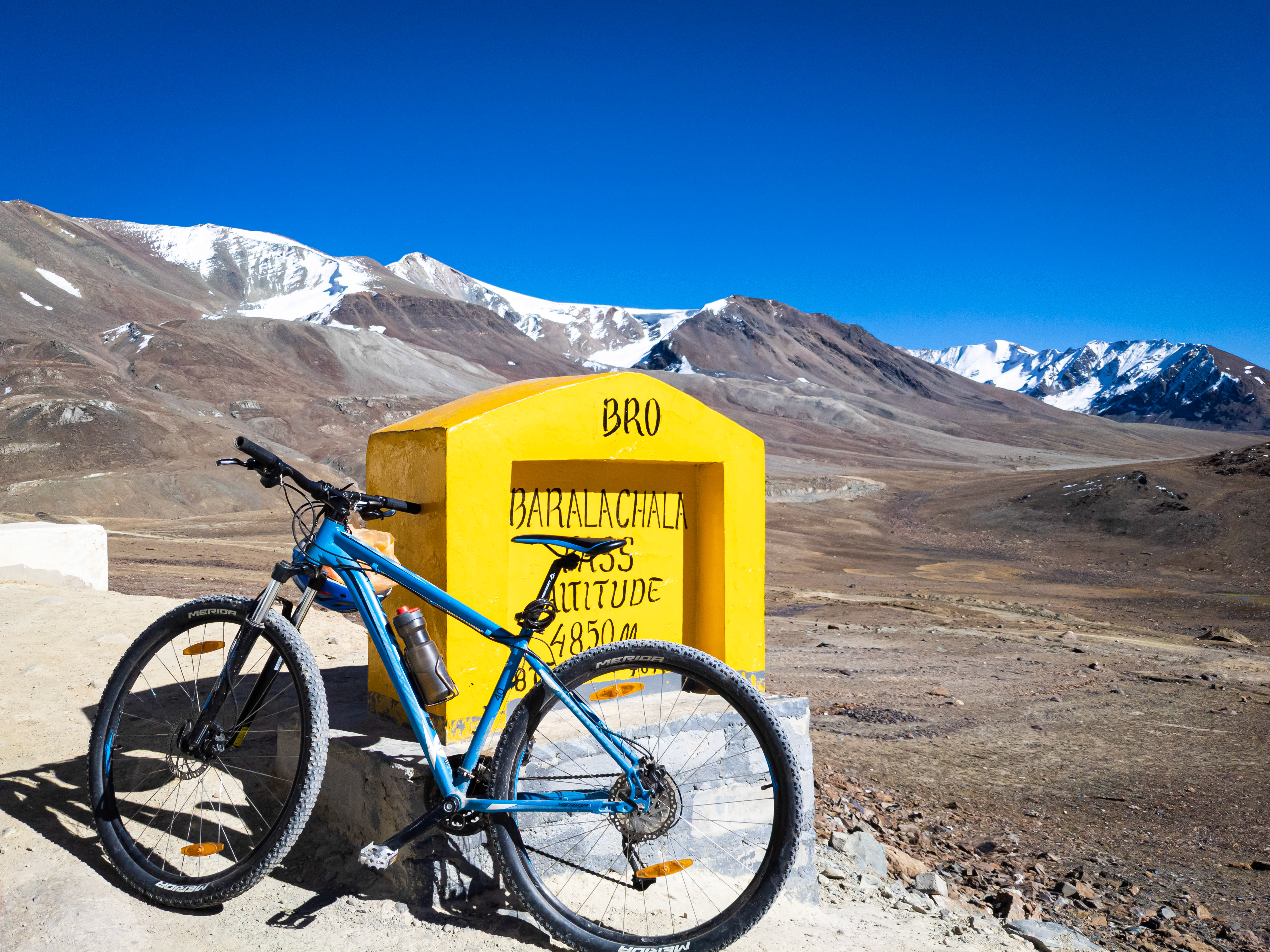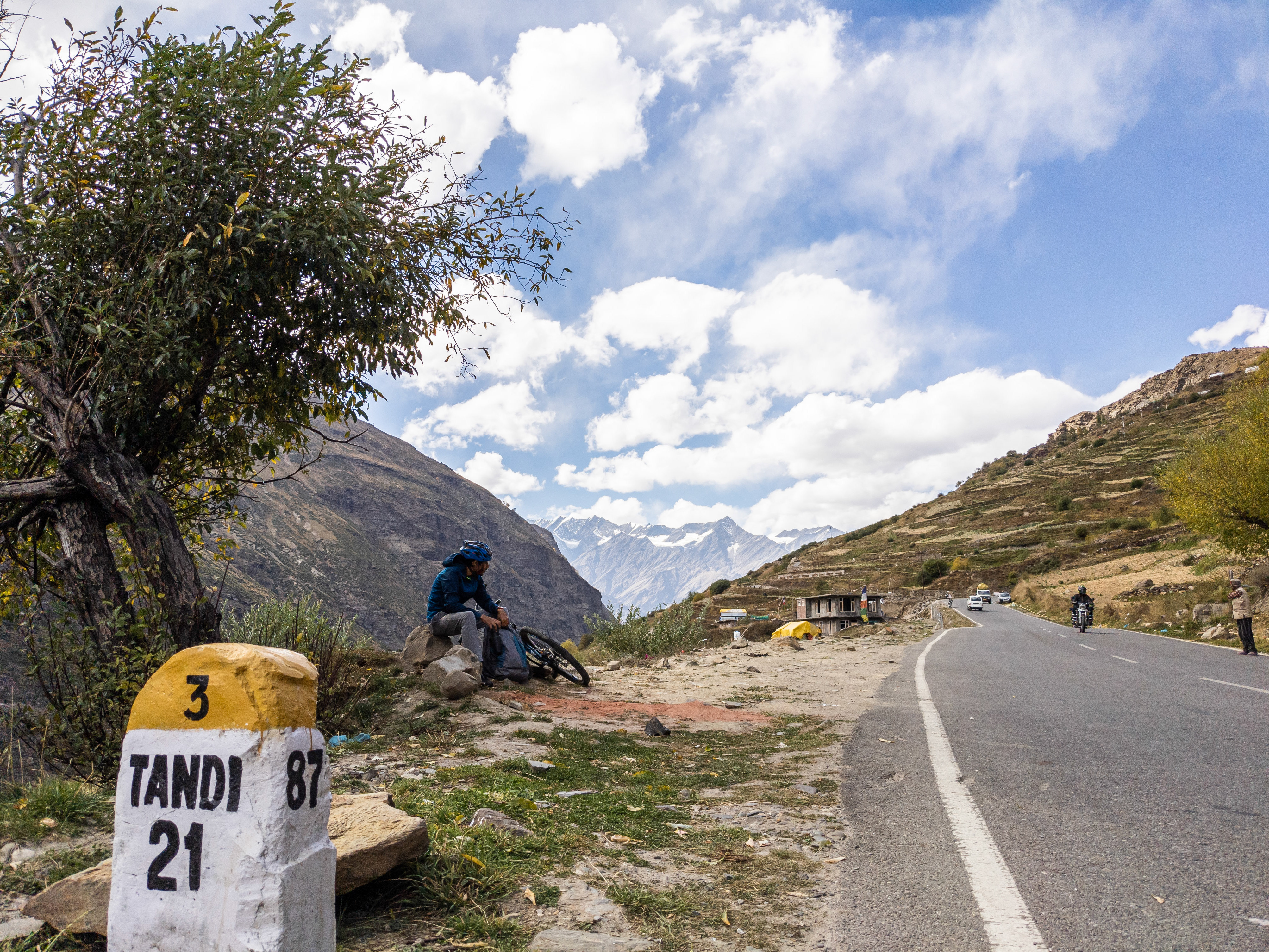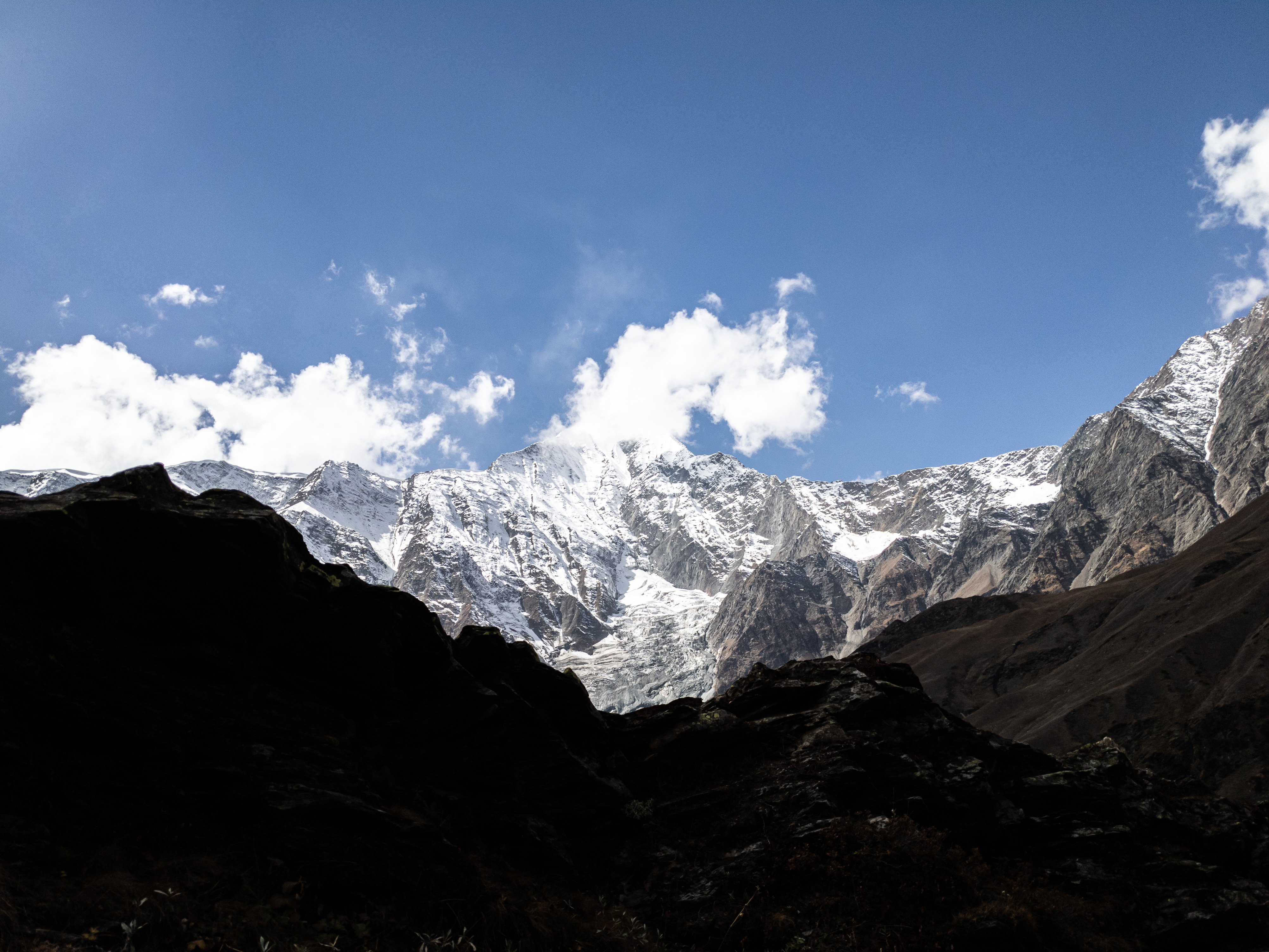Image generated by Adobe Firefly
When you visit a place for the first time, even if it's just a brief encounter, your observations tend to stay at a surface level. You notice the obvious, the things that immediately captures everyone's attention. These are usually the highlights. In the second visit, you already know what to expect there. The things you have seen before are still there, but they are not interesting anymore so you take your eyes off them and find that there is more. So, you begin to explore beyond the obvious, that many overlook. You find it special that few people still don’t know about it and many will never know about it. With each subsequent visit, the layers of observation deepen. You fall in love with the place as it gives you a sense of surprise every time and makes you feel special. As you continue to delve into a place or spend more time there, you uncover increasingly obscure details, eventually reaching a level of intimacy reserved for locals or long-term residents.
There are layers of observations. It starts with a very superficial one and keeps going deeper and deeper with each visit. Initially, overwhelmed by the abundance of stimuli, we focus on the surface, content with the superficial experience. However, those willing to invest time and effort are rewarded with a deeper understanding and appreciation. Many people can’t go past surface and give up or never try to look deeper. It requires a conscious effort and time to go past it. Surface level doesn’t make you feel anything emotionally. People come back after having some fun and slowly forget about it. It fails to leave a lasting impression. This looks like a waste of time, money, and energy to me. In my opinion, the purpose of travelling should be to experience the uniqueness of the place. This can be done in many ways like experiencing the local food, trying local activities, celebrating their festivals with them, visiting hidden gems, and so on. But just going in a vehicle, seeing the beautiful sights and coming back doesn’t make sense to me. With increased time spent in a location, you'll begin to uncover nuances and details that often are ignored by the casual travellers.
When we travel in a group, we are usually occupied with the people and group activities. Our main focus becomes to enjoy and have fun in the company. It takes our attention away from the place. All of the good memories are associated with the people you went with. You have no feelings for the place and no connection as well. In the end, you might have no reason to go back there. Solo travel can help you understand a place better and form a connection with it. When you're alone, you're compelled to interact with the surroundings and the people. You'll find ways to immerse yourself in the experience, which can sometimes lead to a deep emotional attachment to the place. Developing feelings for a location may make you want to return and relive those emotions.
The same principles of observation apply to photography as well. I learned about it through photography. When you go to a new location to take photos, you'll likely be attracted to the most common views, subjects, and compositions that have already been captured by many people. It's only after spending some time at the location and engaging with the place that you'll start to notice something new. You will find that so much was hidden in the plain sight. It's very normal for people to be attracted to shiny objects first, and it can take some time to get used to this, which is a part of the process. After that, you'll be able to focus on finer details, new perspectives, and new compositions. It takes effort, and it may become boring, but boredom is usually where the genius is born.
This idea was also explored by a UK-based landscape photographer Nigel Danson in this video link. By spending a month in one location, he was able to focus on capturing the nuances of that specific place. This allowed him to develop a deeper understanding of the place and create more meaningful photographs. He was also more likely to discover unique compositions that he might have missed otherwise. He took it as a challenge just like many other photographers do, by confining themselves in a small space. Taking photos every day of the same place forces the brain to find something new, it requires effort but it is worth it. Professional photographers usually spend hours trying to find new perspectives to take a single photo. Many of them have some routine or exercises they follow before taking photographs to warm up their eyes and brain to look for details and ignore the obvious. Because, by default, our brain do not register details initially. Many examples of this can be found in daily life as well.
It is not just limited to travelling and photography, it is applicable to everything else as well. Just as a well-worn book reveals new insights with each reading, our understanding of the world deepens with each encounter. Our brain needs repetition to learn and go deeper into the topic. After every repetition, our learning solidifies as it makes new connections in the brain. You will also find that the experts in any particular field have repeatedly learned the same subjects for many years. Repetition and spending more time is the only way to understand or know anything deeply.





